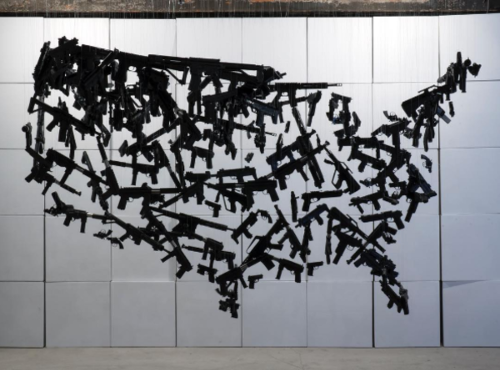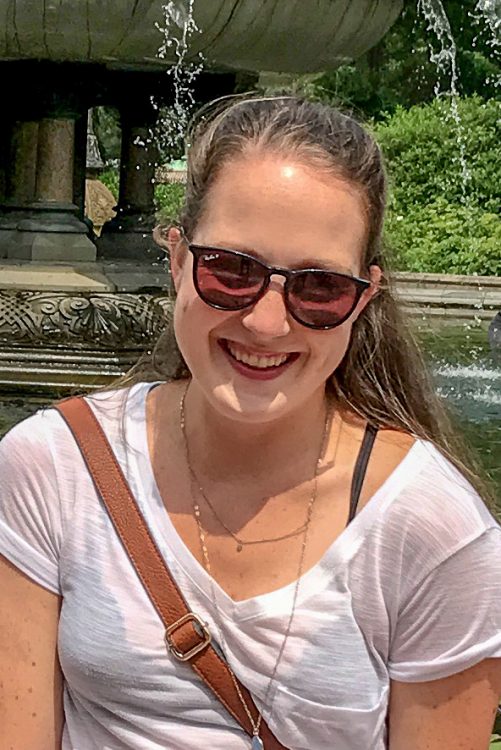NIMBioS/DySoC Investigative Workshop: Mathematics of Gun Violence

QUBES thanks guest blogger, Shelby Scott, for sharing her experience with the QUBES Community:
If my experiences with QUBES have taught me anything, it's that all science is interdisciplinary. Early in my undergraduate research career, I limited that statement to STEM fields — I specifically saw mathematics and biology merge in a joyfully complex harmony — but I had yet to consider the power of using STEM methods to assess social processes. Halfway through my first year of graduate school, I realized my oversight.
It started with a class project and the need to pick a dissertation topic. As a group of 15 grad students, we were asked to come up with an interesting modeling project during the semester and see where the brainstorming and collaboration led. After numerous rejected ideas in the name of feasibility or redundancy, our professor gently shoved us towards the idea of using mathematical models to explore the spatio-temporal dynamics of gun violence. If a virus can spread between communities, why can't behaviors?
I dove into the literature and hit the bottom shockingly fast. The Dickey Amendment (passed in 1996) removed CDC funding for gun violence research and consequently intimidated other groups into slowing their own progress on the topic. Sepsis and gun violence have similar mortality rates in the United States, but gun violence only receives 0.7% of the research funding, comparatively. Gun violence is also the second-least researched cause of death in the United States (with the least-researched being accidental falls). For many of these other causes of death, there have been a host of mathematical models assessing their dynamics and addressing potential control measures. For gun violence, there exist a handful of mathematical models, but there are obvious gaps that need to be fiilled and new collaborations that need to be formed
The National Institute for Mathematical and Biological Synthesis (NIMBioS) and the Center for the Dynamics of Social Complexity (DySoC) at the University of Tennessee, Knoxville, are hosting a workshop on the Mathematics of Gun Violence. This workshop will bring together researchers from diverse disciplinary backgrounds to (i) review the existing approaches on the mathematics and modeling of gun violence, (ii) identify and prioritize areas in the field that require further research, (iii) develop cross-disciplinary collaborations to gain new perspectives, and (iv) suggest research and data-collection that could assist evidence-based policy recommendations. A direct outcome from this workshop will be a comprehensive review of existing models on this topic with suggestions for further effort. It is expected that collaborations arising from the workshop will result in novel efforts to enhance the quantitative underpinnings of the science of gun violence. Gun crime and gun violence do not exist in isolation, and research on these topics cannot exist in disciplinary silos. Leveraging tenets from a variety of fields and sub-fields will allow us to better assess the underlying dynamics of these processes and create interventions informed by evidence.
The workshop will be held May 1 - 3; 2019, and interested parties should apply using the following link: http://www.nimbios.org/workshops/WS_gunviolence.

Shelby Scott
University of Tennessee at Knoxville
PhD Candidate in Ecology and Evolutionary Biology
NDSEG Fellow
QUBES appreciates and shares guest blog posts but their content reflects the opinions of the authors and are not endorsed by QUBES.